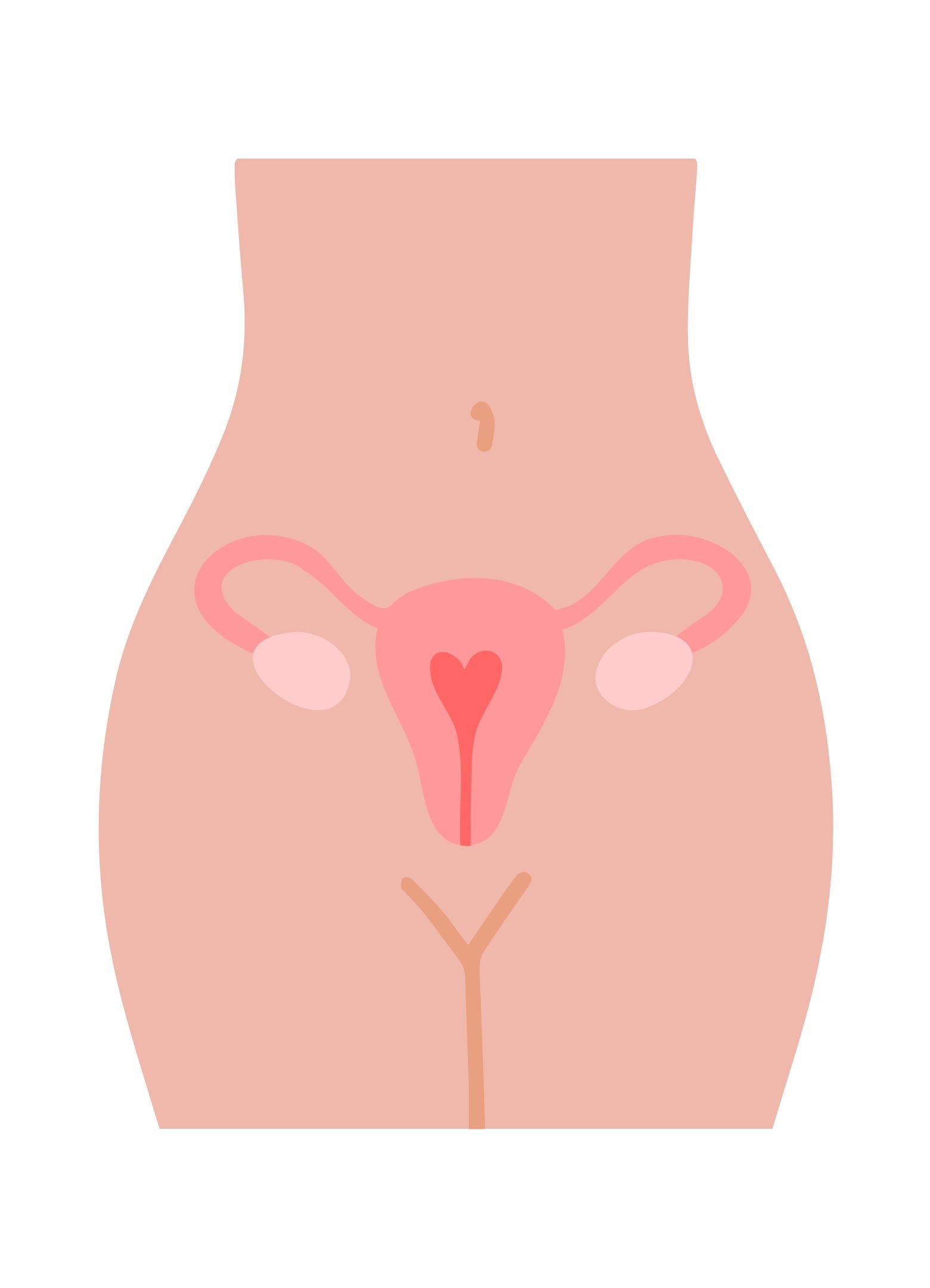What actually happens in your body when you have your period?
During your menstrual cycle, your body prepares for a possible pregnancy each month by maturing an egg in your ovaries. When the egg is mature, ovulation occurs and the egg travels to the uterus through the fallopian tubes.
At the same time, the uterine lining thickens, so that it is ready to receive a fertilized egg. It creates, as it were, a very nice bed for a fertilized egg to nestle.
But if fertilization does not occur, the body no longer needs this mucous membrane and the breakdown process begins. This broken down mucous membrane and the egg cell leave your body in the form of menstrual blood .
The hormones estrogen and progesterone play a major role in regulating this process. When these hormone levels drop, the uterus begins to contract to shed its lining, which can cause menstrual cramps .
Although menstruation is a natural and healthy process, the symptoms can be uncomfortable. In addition to cramps, you may experience bloating, fatigue, headaches, and mood swings , all of which are related to hormonal changes in your body.
These symptoms are completely normal, but if they are extremely severe it may be helpful to talk to a doctor.


























































